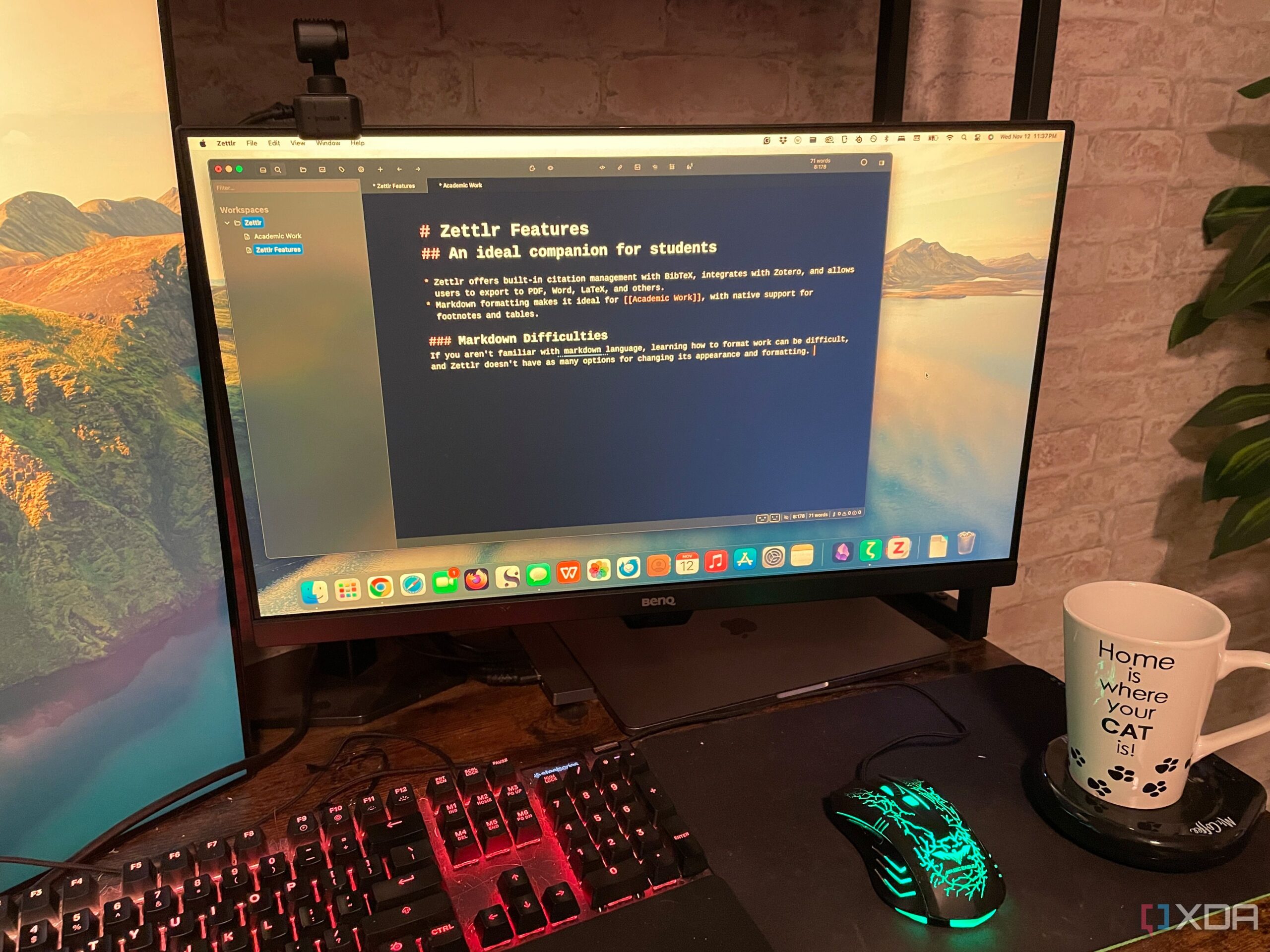New Employee’s Work Party Blunder Sparks Concern Over Reputation

A new employee’s experience at a recent work conference has raised concerns about their reputation ahead of an upcoming holiday party. After overindulging during a team outing, the individual is now grappling with feelings of embarrassment and anxiety about how colleagues may perceive them in future social situations.
The employee, who prefers to remain anonymous, shared their story in the advice column “Good Job” by Slate. They recounted attending a work conference in another city just one month after starting their job. The final night of the event turned into a misstep when they consumed too much alcohol while out dancing with colleagues. Although they did not engage in inappropriate behavior, they required assistance from co-workers to manage their condition, leading to feelings of shame.
As the company holiday party approaches, the individual worries about being scrutinized for any further missteps. They expressed concern that colleagues may be judging them based on this incident.
In response, advice columnists Laura Helmuth and Doree Shafrir encouraged the employee to forgive themselves and move forward. They emphasized that most people are far more focused on their own mistakes than those of others. “Decent people pay much more attention to their own blunders than to anybody else’s,” they stated, reassuring the employee that others have likely moved on from the incident.
The column recommended preparing for the holiday gathering by focusing on positive interactions. The employee was advised to express gratitude to those who helped them during the previous party rather than dwelling on feelings of shame. Engaging with those colleagues, who demonstrated kindness, could help alleviate anxiety and foster a sense of camaraderie.
The columnists highlighted the importance of acknowledging the support received from colleagues. Instead of solely apologizing for their behavior, the new hire should thank those who assisted them. They suggested approaching these individuals to ask if they plan to attend the holiday party, creating a natural opportunity to express appreciation for their help during the earlier event.
By focusing on building relationships and paying it forward, the employee can transform their approach to the upcoming holiday party. The advice encourages them to engage with others who may also feel nervous or awkward, fostering an environment of support and understanding.
The overarching message is clear: while the incident may have felt significant at the time, it is essential to recognize that most colleagues are likely more forgiving than the employee anticipates. Embracing a positive attitude and gratitude can pave the way for a more enjoyable experience at the holiday celebration.






